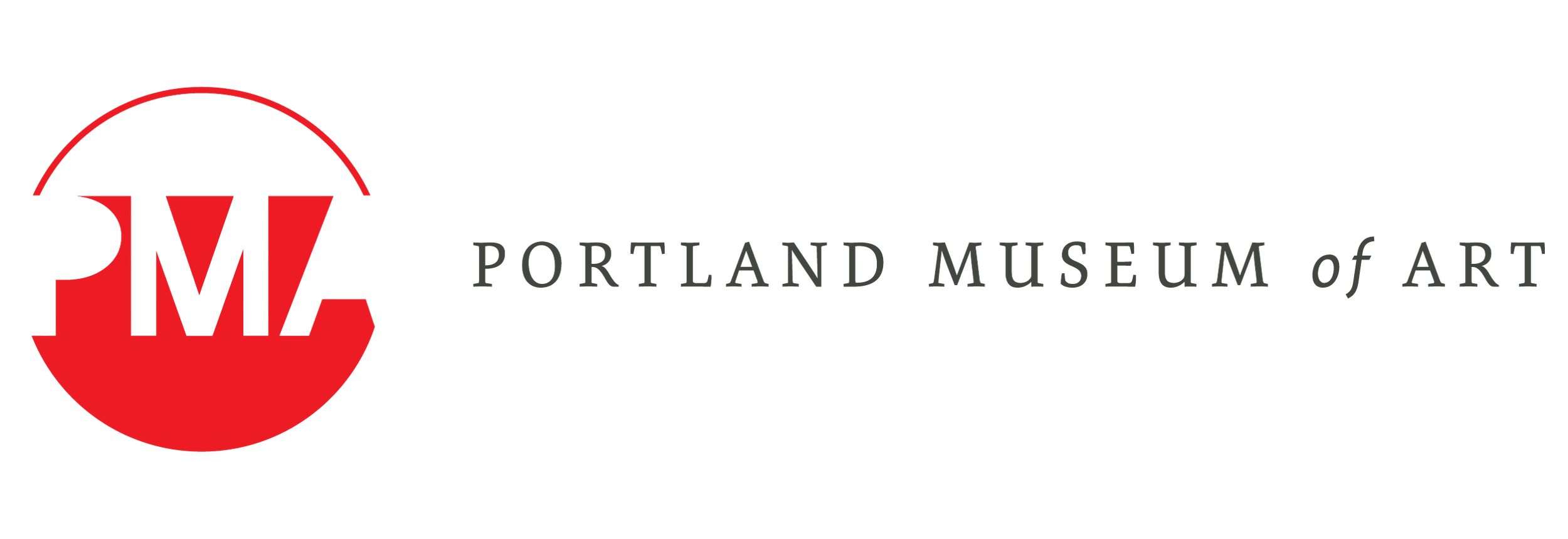Boston Globe: Jeremy Frey wins Rappaport Prize, the first Indigenous artist to receive the award
The ‘surreal’ honor comes during a banner year for the Maine-based artist
This article appears in The Boston Globe. Read it here.
By Malcolm Gay Globe Staff,
Updated August 15, 2024, 3:23 p.m.
Maine-based basketry artist Jeremy Frey has had the type of year most artists only dream of.
His works — colorful, spiky, and intricately woven baskets that manage to be both elegant and earthy — are today on display at the Metropolitan Museum of Art in New York, the Baltimore Museum of Art, and the Portland Museum of Art, which is hosting “Woven,” a major mid-career retrospective of his work.
Now, the deCordova Sculpture Park and Museum has awarded Frey, an enrolled member of the Passamaquoddy tribe, the 25th annual Rappaport Prize, a $50,000 cash award to honor a contemporary artist working in New England.
“It’s overwhelming,” said Frey, 45, reached by phone in rural Maine. “I still haven’t processed it fully.”
Though he comes from a family of basket makers and has always been artistic — Frey described drawing video games he would dream up since his family couldn’t afford the real thing — he didn’t begin basket weaving until he was about 20. Learning from his mother and working as an apprentice at the Maine Indian Basketmakers Alliance, he quickly began innovating, pushing weaves, materials, and forms beyond their traditional boundaries.
“When we started to see Jeremy’s work come forward, most of us were weaving our grandparents’ baskets,” said Theresa Secord, founding director of the Basketmakers Alliance. “He started constructing his own wooden forms. He very much wanted to develop a unique contemporary style.”
His techniques weren’t always appreciated by traditionalists, and Frey recalled an elder once telling him he put “too much work into my basket and that I wasted my time.”
“But that same elder ended up buying that same design once I’d finalized the design,” he said.
Even so, Frey hardly set out for the elite world of fine art galleries and world-class museums. It’s been a long, circuitous road, and while many artists in his position hold a Master of Fine Arts, Frey earned an associate degree in Automotive Technology in 2010. He remembered once being so broke after a fair out west that he couldn’t afford to eat.
Secord, a renowned Penobscot basketmaker in her own right, recalled that Frey’s supporters rallied around him.
“We said: ‘We have to buy everything he makes, because we do not want him to get a job,” she said. “He was our rocket ship.”
One year later, in 2011, Frey won Best in Show at Santa Fe Indian Market. It was the first time the honor had gone to a basketmaker.
“I didn’t start out to do this,” said Frey, who harvests his materials by hand, plucking sweet grass from the coast, felling ash trees, and tracking down porcupine quills by the side of the road.
For years, Frey sold his works in Native markets before gaining the attention of mainstream curators and gallerists. The result, he said, is that “new eyes” are discovering his mature body of work — complex, sculptural baskets Frey has been refining over the past two decades.
“Jeremy Frey’s artistry is one of astonishing artistic innovation and a direct and sensitive relationship to the woods of Maine,” Sarah Montross, chief curator at the deCordova, said in a statement. “His work elevates our awareness to ecological change as well as the importance of honoring his cultural and family heritage. At the same time, Frey is a masterful contemporary artist, blending craft and sculpture.”
Tess Lukey, the deCordova’s associate curator of Native American art, emphasized the importance of Frey being the first Indigenous recipient of the prize.
“Not only is the work he does groundbreaking but [it] signals a significant dedication to honoring the legacy of his ancestors,” Lukey, a citizen of the Aquinnah Wampanoag, said in a statement. “I think about what our ancestors thought of the future and what rings in my mind is that this level of representation and dedication is their wildest dream. And it has come true.”
Phyllis Rappaport, whose Phyllis and Jerome Lyle Rappaport Foundation established the prize in 2000, called Frey’s work “mesmerizing.”
“Each of his baskets has a unique personality that seamlessly weaves the contemporary with decades of family tradition,” she said in a statement. “One finds themselves getting lost in his patterns, attention to detail, and profound accuracy.”
Frey, who will deliver the Rappaport lecture on Oct. 23 at the deCordova’s Dewey Family Hall, said such awards have been an essential bolster to his career, enabling him to purchase game-changing tools while also affording him the time and space to push his art form forward.
“It just seemed so surreal,” he said. “I’m telling you, I have not digested this year yet.”
Malcolm Gay can be reached at malcolm.gay@globe.com. Follow him @malcolmgay.
